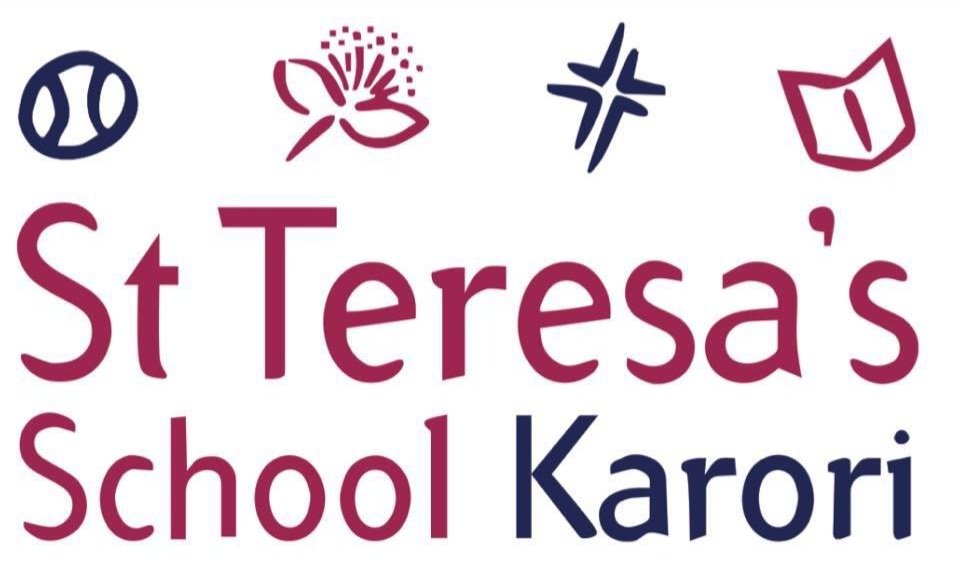St Teresa’s Whanau
Ki te ingoa o te Matua, me te Tamaiti, me te
Wairua Tapu
Tēnā koutou
Tēnākoutou
Tēnā tātou katoa
Ko Makara te maunga
Ko Te Whanganui-a-Tara te moana
Ko Kārori te takiwā
Ko St Therese of Lisieux te Tūpuna
Ko Hato a Terehia te kura
Ko te mea nui, ko ēnei tikanga – aroha, manaakitanga, tapu tangata, awhina, panekiritanga me te tika.
He aha te mea nui o te ao?
He tangata, he tangata, he tangata
What is important in the world?
It is the people, the people, the people
At St Teresa’s, people are the most important. We look for the best in our learners – getting to know them – what they enjoy, what they are good at, what they are challenged by – so that we can support them the way they need to be supported.
We have a mixture of diverse ethnicities making up our school community. While approximately 60% of our children are New Zealand European, and approximately 5% of NZ Māori decent. We also have a large contingent of Filipino families represented, as well as a number of children from Pacific Island nations. Other nationalities include English, Irish, Chinese, Indian, Latin American/Hispanic, Middle Eastern, Sri Lankan, and other Asian and European nationalities.
We would like to learn about the cultures represented within our school community. If you would like to share your culture, there will be many opportunities during their time at St Teresa’s.
Māori families
At St Teresa’s School we have 5% NZ Māori children. These children are from
Ngāti Raukawa (Horowhenua/Manawatū)
Pasifika families
Talofa Lava! Malo e lelei! Malo ni! Bula!
Approximately 9% of our children are from Pacific nations and cultures. Our Pasifika families originate from Samoa, Tonga, Fiji, Atiu and Tokelau. We embrace opportunities to be culturally responsive to a Pasifika children so that their cultural background is preserved. Those children from Pacific backgrounds who have English as a second language receive extra support in class and a teacher aide works with them individually or in groups, as suits their learning needs.
Filipino families
Approximately 12% of our children are from families of Filipino descent. Those Filipino children who have English as a second language receive extra support in class, as suits their learning needs.
Our Filipino community has a choir and a ukulele group that your child can join. If you are interested in learning more about our Filipino community, please contact our school office.
